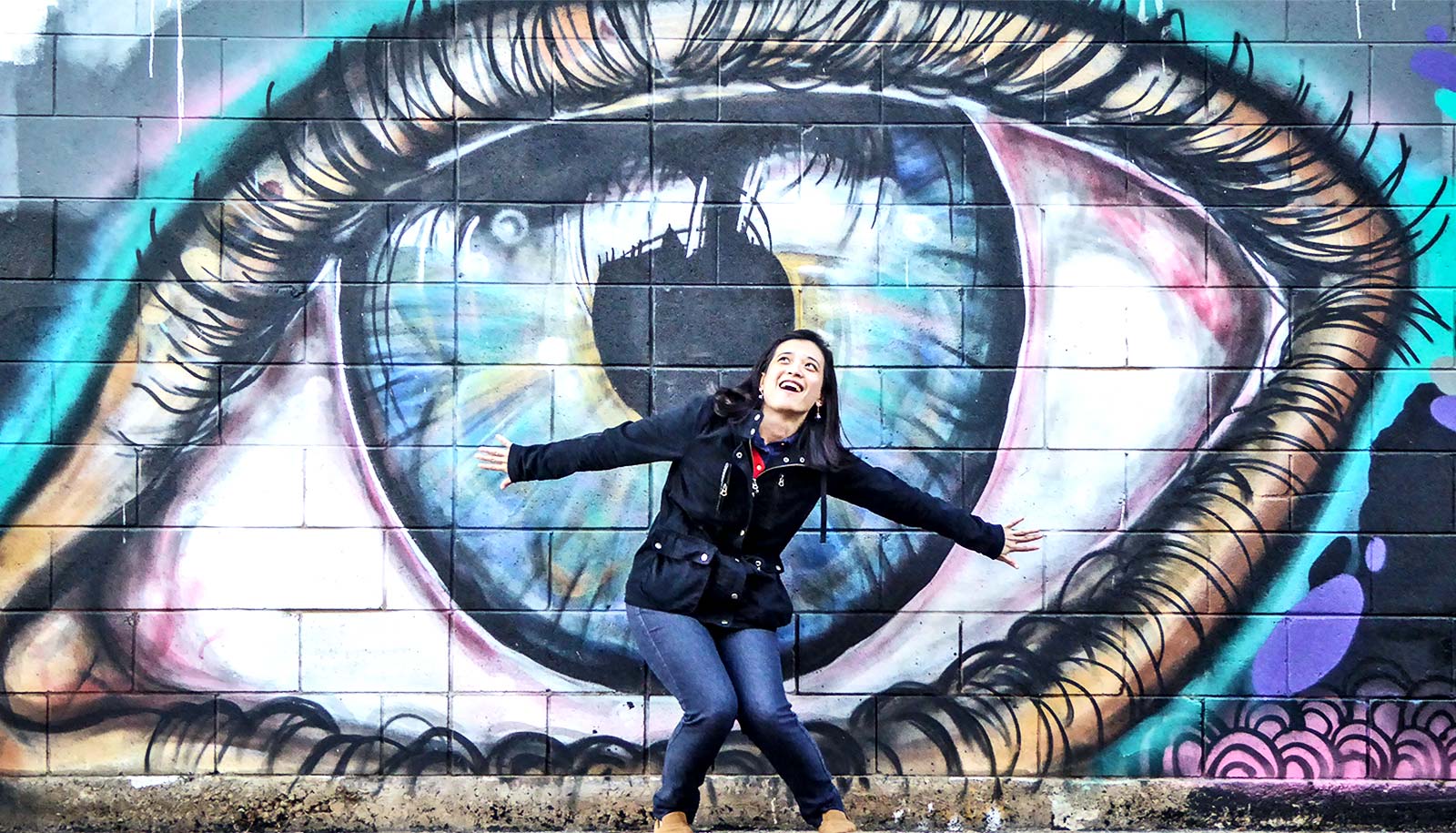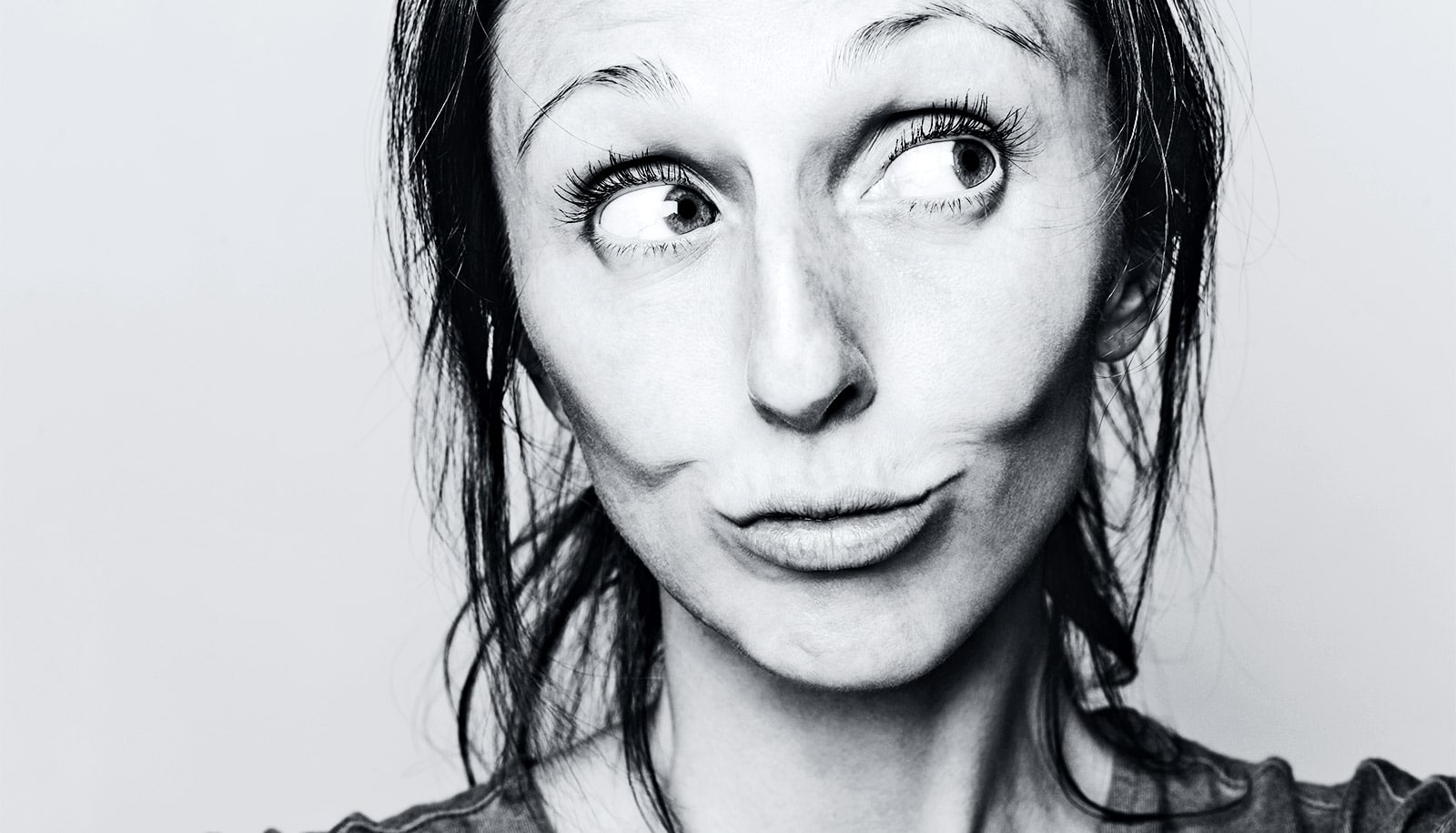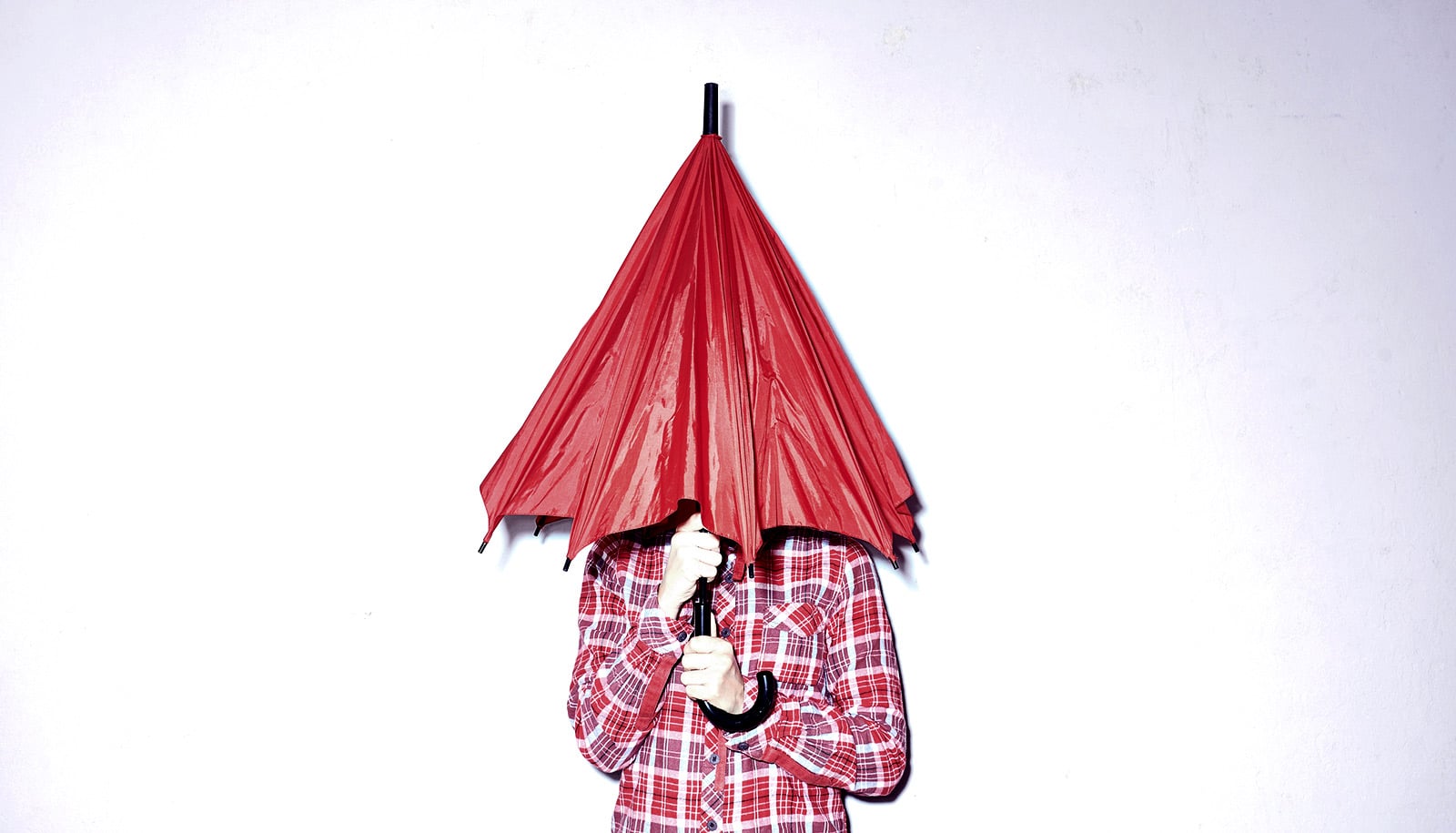The less we know about what is expected of us in a given situation, the more likely we are to act selfishly, researchers report.
This applies both to our degree of financial generosity, as well as to the extent to which we adhere to coronavirus guidelines, according to the new study.
The researchers conducted what are known as “behavioral economics experiments” on 268 Danish participants. In the first part of the experiment, participants were grouped into pairs, with a person A and person B. Person A received 100 Danish kronor ($15.89 USD) to share, at their own discretion, with person B. Both subjects were informed that the norm was to provide their partner with half of the total amount.
“What we observed is that when there is a clear expectation of what to do in a given situation, people comply with the norm and give half of the money to their partner. Specifically, 30% of the participants opted for this solution,” explains Toke Fosgaard, an associate professor in the food and resource economics department at the University of Copenhagen and coauthor of the study, which is a working paper not yet published in a scientific journal.
Uncertainty and selfishness
In the second part of the experiment, with the same subjects, the researchers sowed uncertainty about the norm by telling person A, who had received the 100 kroner, that they could reduce or add to the amount given to person B. They also informed person A that person B wouldn’t be told anything about what had been subtracted from or added to the total.
The result was that the vast majority opted to share less than half of the total amount with person B.
“This suggests that as uncertainty of expectations arises, we are more likely to keep as much as possible for ourselves and be stingy rather than generous,” says Fosgaard.
Knowledge about how we act, depending upon whether we are clear about or uncertain of norms, is relevant in a variety of contexts. This is because our expectations of norms characterize every facet of our lives, including the ways in which we raise children, behave at work, etc. As such, Fosgaard believes the study’s outcome can be extended to the coronavirus pandemic as well:
“If accounting for and following the trends observed in our study, one should be very clear when explaining to others how they ought to behave in response to the coronavirus pandemic. If people are uncertain about which guidelines apply, most will opt to do as they please,” he says, adding:
“The findings are primarily relevant for instances in which an individual is alone—that is, removed from the judgmental eyes of others. For example, one might skip an extra hand wash at home, relax with the cleaning, or host many different groups of friends.”
COVID-19 guidelines and social norms
The study’s results could also be applicable with regards to the use of face masks, where there seems to be a degree of uncertainty about how often they ought to be changed.
“If a person is uncertain about how long a face mask may be worn, I would expect—based upon our results—that many would be tempted to extend usage, and thereby delay the purchase of new masks,” Fosgaard says.
Why this is so, is “pure speculation” to Fosgaard. However, he underscores that there is no shortage of research concerning the brain’s reward system to indicate that we are fundamentally quite selfish and tend to do whatever best suits our own needs.
The study concludes that our actions are markedly different while being observed by others.
In the third part of the experiment, the researchers repeated both experiments, but with a twist. In this part, person A’s choice to give money to person B was posted on Facebook.
“Our results demonstrate that as soon as there are ‘spectators aboard,’ we generally become both more generous and compliant. It has to do with social control—we want to present our best side to others,” explains Fosgaard.
“That’s also why, according to our results, we are better at wearing gloves and disinfecting our hands in a supermarket full of shoppers, as opposed to in an empty one. Because when we’re alone, we most likely do as we please.”
Additional researchers at the University of Copenhagen and Sweden’s Lund University contributed to the work.
Source: University of Copenhagen



